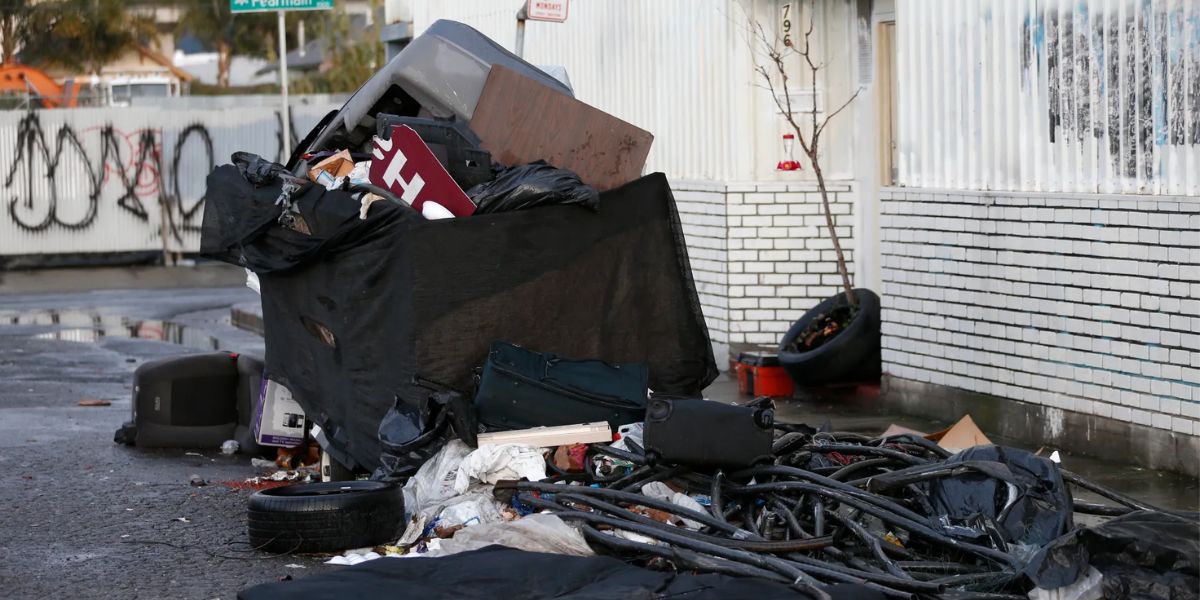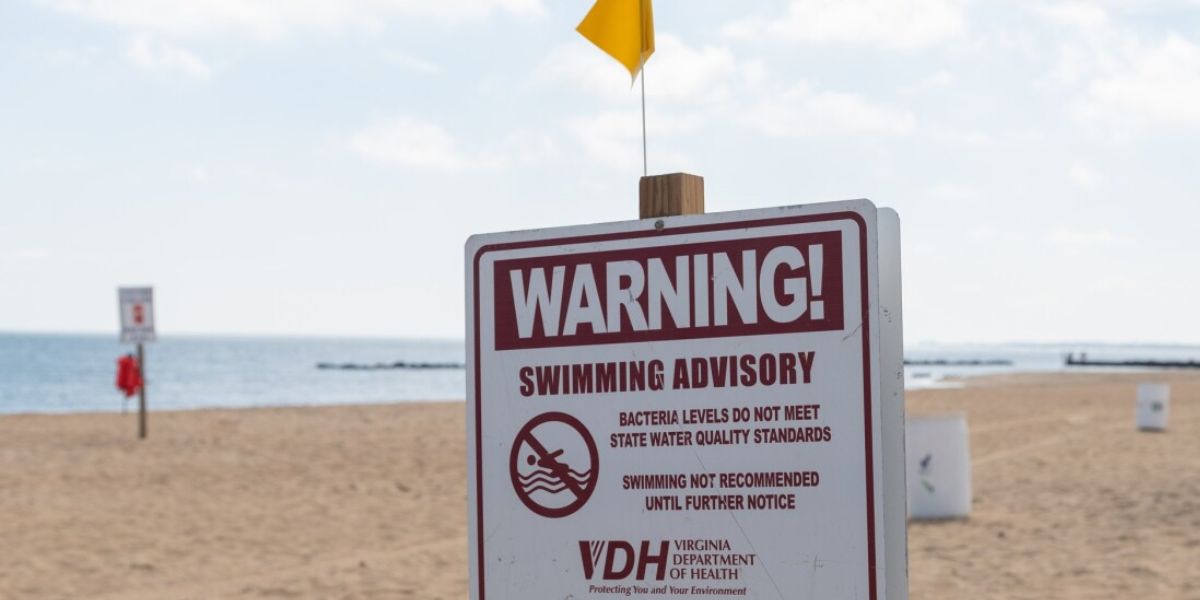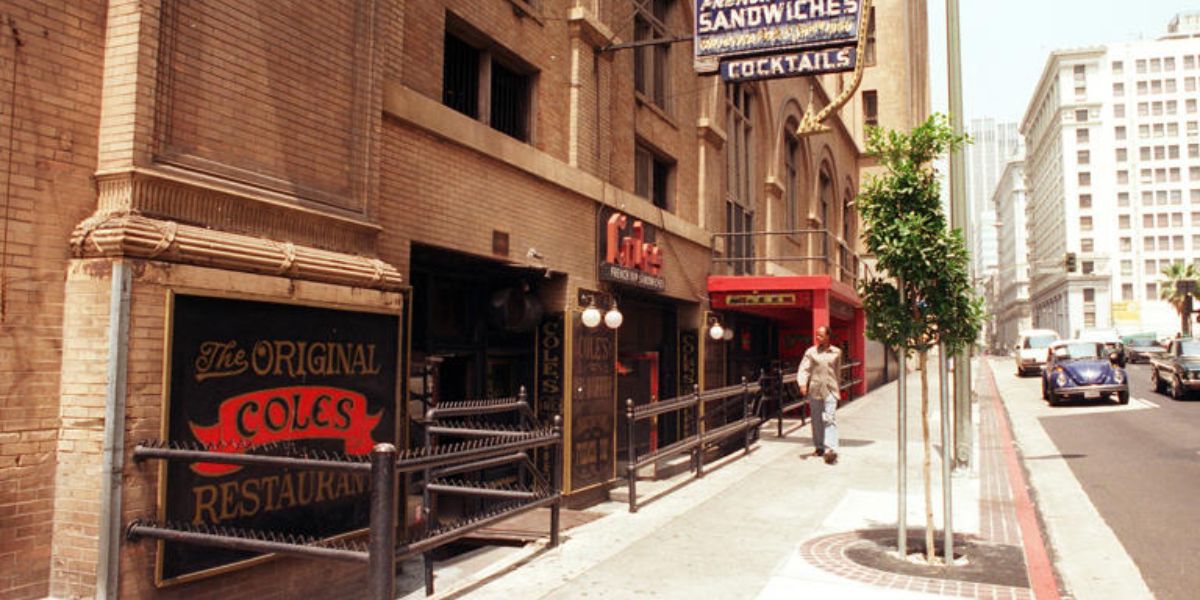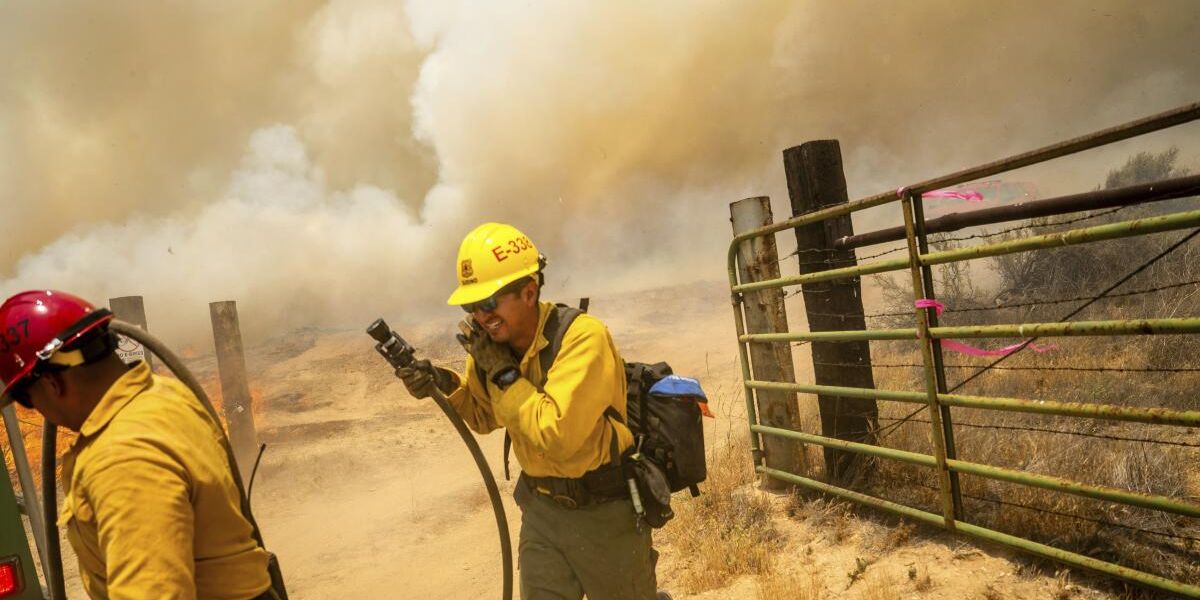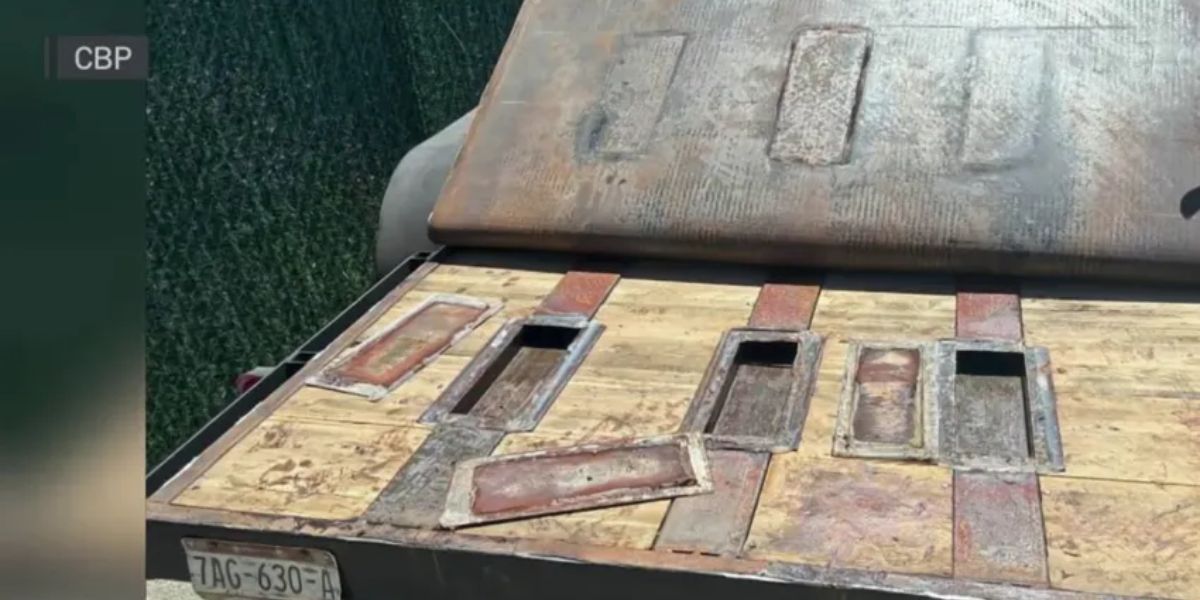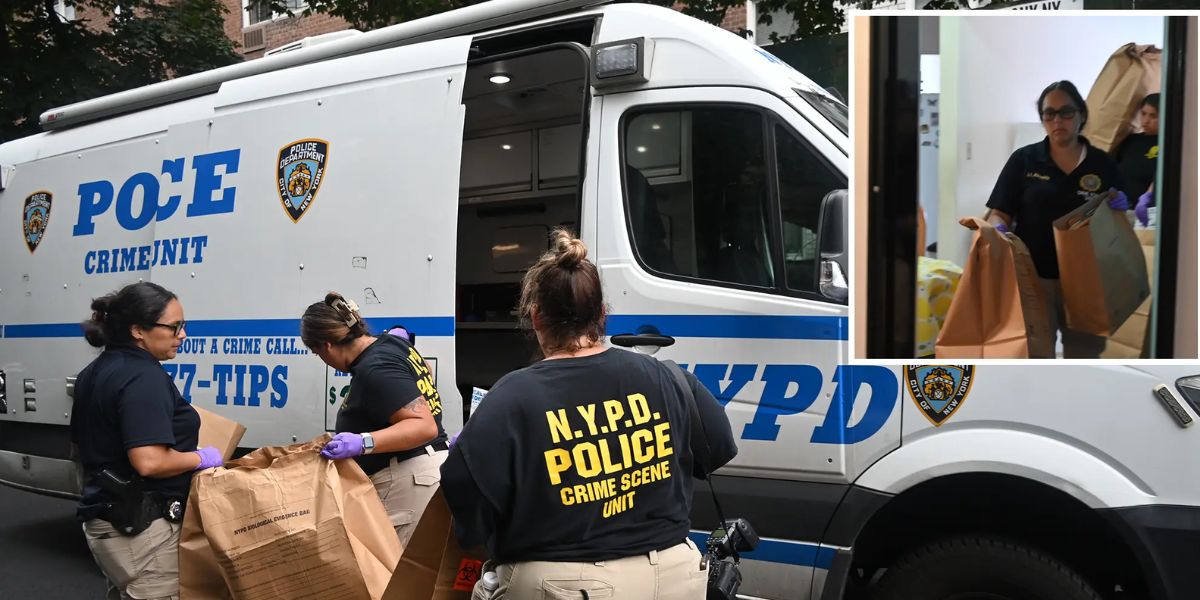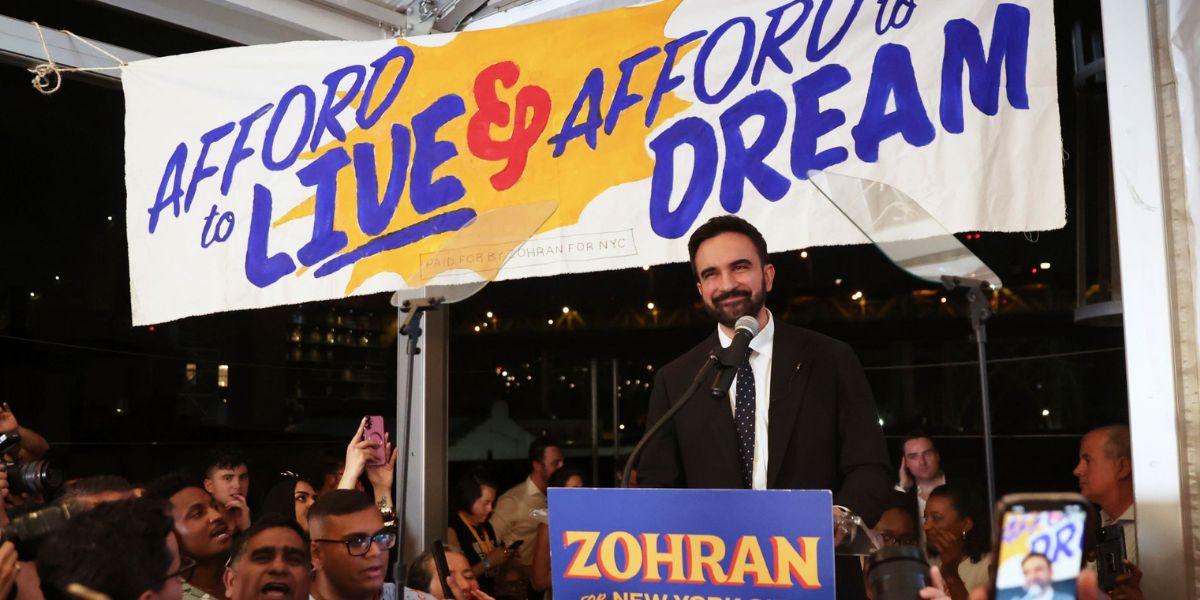OAKLAND, CALIFORNIA — Illegal dumping continues to be a persistent issue in Oakland, but a grassroots community group called the Urban Compassion Project (UCP) is taking proactive steps to address the problem.
On Monday afternoon, more than a dozen volunteers gathered off San Pablo Avenue in West Oakland to clean up a neighborhood that has been plagued by trash.
Local Perspective: Neighborhood Struggles with Trash
Eric Li, a nearby resident, expressed his frustration with the ongoing dumping in the area.
“We can’t walk down this sidewalk most weeks because it’s literally packed with trash,” he said. “We reported this dumping two weeks ago to the city. We wanted help to get this cleaned up, and Urban Compassion Project came here sooner than the city did.”
Li’s experience highlights the frustration many residents face when dealing with illegal dumping. Despite reports to the city, it was the community-driven efforts of UCP that stepped in to help quickly.
UCP: A Grassroots Movement
Founded in 2021 by Vincent Ray Williams III, an Oakland native with a personal history of living on the streets, UCP is an entirely volunteer-based community group.
Williams says that UCP was created to offer the community a way to be part of a larger solution rather than just complain to local government.
“We’ve created something that we’ve given to the community, a way to be involved in a bigger solution instead of just complaining to our local city government,” said Williams.
Since its inception, UCP has mobilized over 3,000 volunteers to clean up more than 2,300 tons of waste. The efforts are made possible by dedicated volunteers and the financial support of donors.
Cost and Effort Behind the Cleanup
Cleaning up the waste doesn’t come cheap. Supriya Golas, co-founder of UCP, explained that each cleanup event costs between $1,000 to $8,000, covering everything from dumping fees to supplies.
UCP hosts cleanups twice a week, and organizers ensure that the entire process, from collecting the trash to disposing of it, is managed by the group itself.
“We pay for the entire process end to end, from the accumulation, putting them in dump trailers, to disposals,” Golas said. “It’s really cool because you see people from all walks of life cleaning up trash together, and there’s no barriers between them.”
For volunteers like John Geleynse, helping out is not just about cleaning up — it’s a way to make a tangible difference in the community. “There’s so much news and so many issues in the world that are so big and it can be overwhelming,” said Geleynse. “And then I look at something like this and think, I can do something about that.”
Keeping Areas Clean
According to Golas, 85% of the areas cleaned by UCP remain clean, thanks to their Homeless Ambassador Program, which incentivizes unhoused individuals by paying them $100 a week to report illegal dumping.
In one recent instance, UCP was able to send the city a video of people illegally dumping trash. This footage helped authorities identify the suspect, and UCP is now working with the city to hold the individual accountable.
Read Also: California Bill Takes Aim at Homelessness With Plan for Regional Housing Agency
Oakland Public Works’ Role and Need for Collaboration
According to Oakland Public Works (OPW), the city has responded to nearly 12,000 service requests for illegal dumping since the beginning of the year. In 2022, OPW issued more than 2,300 citations for illegal dumping.
The department also provides support to community partners like UCP, offering resources such as tools and debris bins.
However, Golas points out that there are still areas in Oakland where enforcement is lacking, and illegal dumping continues to be a significant issue. “There’s just areas that there’s no enforcement and then the dumping keeps continuing,” she said.
Gratitude from the Community
Residents of West Oakland have expressed their gratitude for the efforts of UCP. “Thank you for helping our community out. I live right down the street, and I appreciate it,” said one neighbor driving past the cleanup.
Another local, Eric Li, said, “We’re all grateful for them to be out here in the middle of the day.”
What You Can Do
If you see illegal dumping, you can report it by calling 311.
The Urban Compassion Project is always looking for more volunteers, resources, and donations to continue its important work. If you’re interested in getting involved, you can donate or learn how to volunteer through their website.
What Do You Think?
How can communities further support efforts to combat illegal dumping? Do you think grassroots organizations like UCP can make a bigger impact with additional resources? Share your thoughts in the comments below on RidgecrestPact.org.

